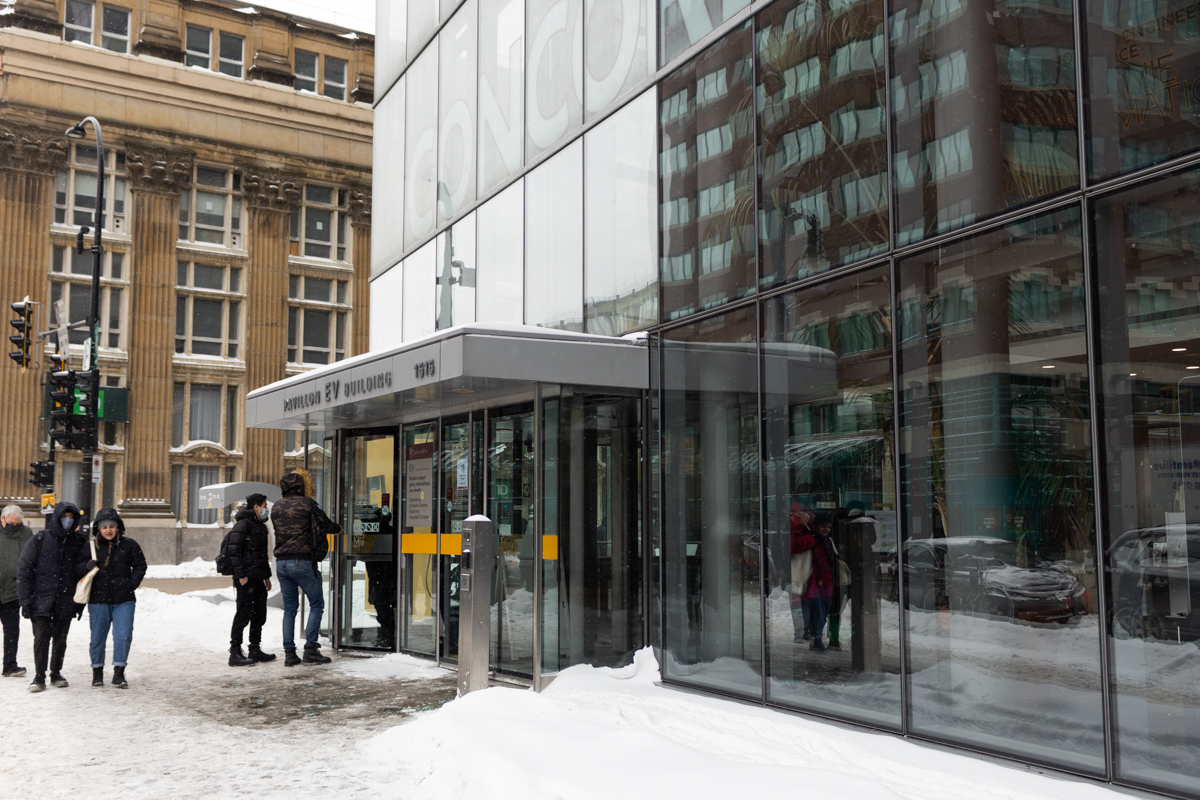My success with online learning (and problems with the traditional classroom).
We’ve known for a long time that everybody learns differently, so why aren’t we giving students options?
I’m not ashamed to admit it, I struggled through my undergrad. Lots of discontinued classes and less-than-stellar grades. Until recently, that is.
When classes were moved to Zoom, my grades consisted of almost straight As. My performance during this time convinced me that I was capable enough to give grad school a shot — a longtime dream of mine.
My GPA was scarcely above the cut off for a Masters in Public Policy and Public Administration, and strong letters of recommendation from teachers as well as solid volunteer experience were just enough to allow me to get through by the skin of my teeth.
My first semester of online grad school went swimmingly. I was able to boost my GPA (again) and even had time to get involved in student government as the VP Internal of the Political Science Graduate Student Association.
Then came the announcement: we would return to in-person studies in February. Like many students, I had my reservations. Mine, however, were different. Some were anxious to return to campus for health reasons, as was I. While I had many elderly relatives and was in several risk groups for COVID-19, there was another dimension to this. I knew there was a stark difference in my performance during the period of online learning and before, when most student life took place in person.
Reviewing my own transcripts, I could also see that an earlier, pre-pandemic experiment with online learning on eConcordia had yielded similar results: more straight As. Sadly, there are no eConcordia courses available for my current program.I’m sorry to say that the return to in-person class has not been good for me. Without going into too much detail, it seems that many of my old problems returned. Distractions, travel time, issues with the facilities, are all features of campus life.
I took the features of online learning for granted, but I can’t help but wonder: why can’t we have options and flexibility? I can understand many people were looking forward to the return of in-person classes, but by the same token, many of my colleagues had a positive experience of working from home and may not want to go back.
So far it looks as though the government is giving office workers the opportunity to continue doing this, but not us. Moreover, why are they so adamant about having us on campus? Like many policy decisions during the pandemic, it appears to be very top-down and arbitrary, imposing a “one size fits all” approach to complex and nuanced problems.
One can’t help but feel as though the decision also reflects an anachronistic vision of students. In the past, it might well have been the case that many students (who were young, affluent, single men) wouldn’t have to work on the side to finance their academic path, never mind looking after dependents. Most of us juggle the many different facets of our lives.
Online learning and working from home were brought about by necessity, and in turn, this had led me to question the necessity of in-person learning. It may boost student engagement in some cases, but there are always exceptions to every rule and for everyone to realize their full potential, there should be options available, especially for those who have health concerns as well as professional and family commitments.
The internet is a part of our everyday lives and we should be embracing its demonstrated potential to make things easier instead of simply following traditional course delivery for no other reason besides that it’s what we have always done in the past.
Photo by Cathrine Reynolds
